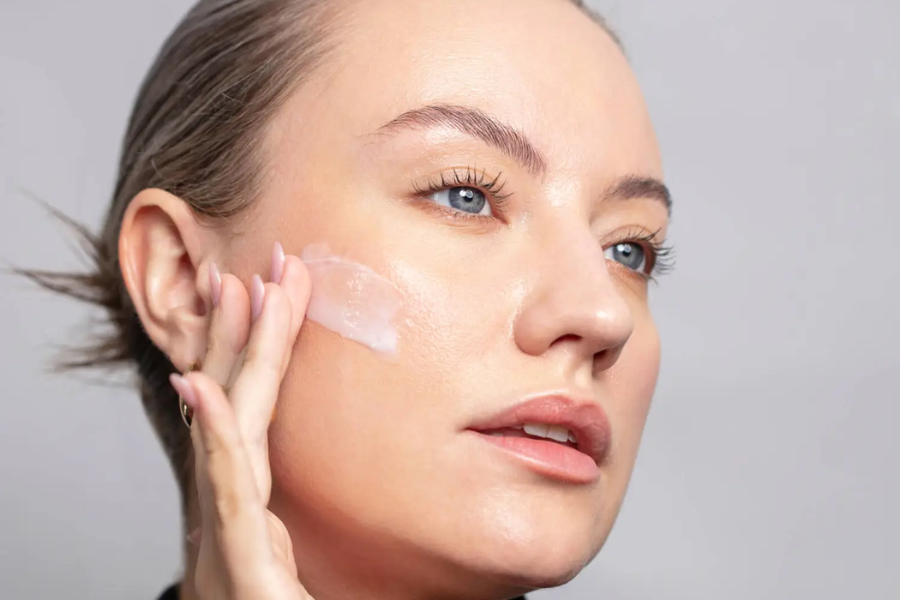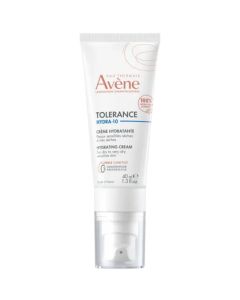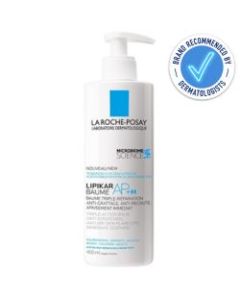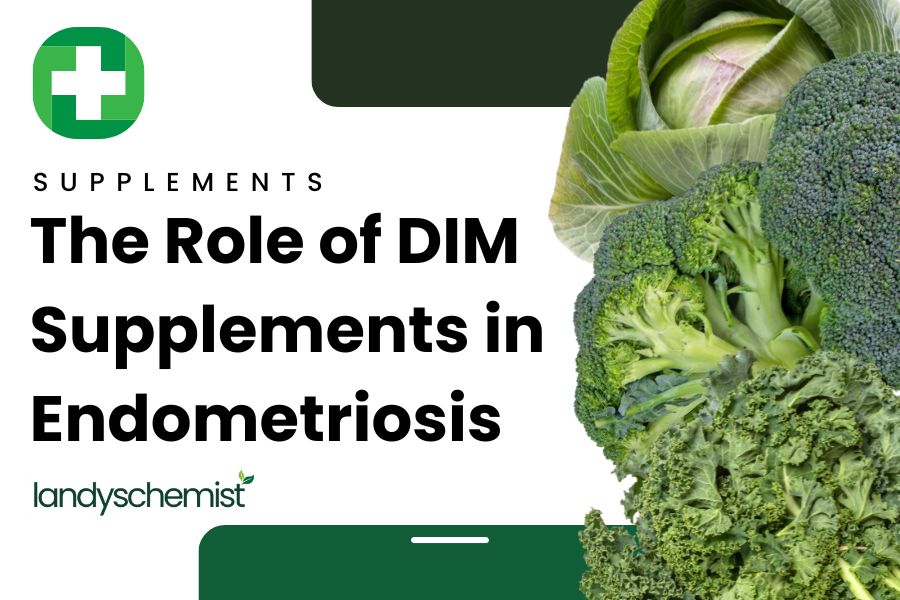
What Is The Skin Microbiome?
What Is Microbiome?
The microbiome refers to the community of microorganisms that are found in many different areas of the body, including the skin, mouth, gut, and other organs.
The human microbiome is incredibly diverse, with thousands of different species of microorganisms living in and on the body. The microbiome is known to play an important role in maintaining human health, including helping to digest food, producing essential vitamins and nutrients, regulating the immune system, and defending against harmful microorganisms.
Research into the microbiome has exploded in recent years, as scientists have discovered the importance and new ways in which the microbiome can impact human health and disease. As a result, there is a growing interest in developing new therapies and products that can help support a healthy microbiome and promote overall health and wellness.
What Is The Skin Microbiome?
The skin microbiome refers to the complex community of microorganisms that live on the surface of the skin. The skin is the body's largest organ and is home to a diverse and dynamic ecosystem of microorganisms that play an important role in maintaining the health of the skin. Similar to those in our gut, skin microorganisms have essential roles in the protection against invading pathogens, the education of our immune system and the breakdown of natural products (1).
What Is Microbiome Skincare?
Microbiome skincare is a type of skincare that is focused on maintaining and improving the health of the skin's microbiome.
Microbiome skincare products aim to promote the growth of beneficial microorganisms and maintain a healthy balance of bacteria on the skin. This is because a healthy skin microbiome is believed to play a key role in skin health, including maintaining the skin's barrier function, regulating inflammation, and defending against harmful microorganisms.
Some examples of microbiome skincare products include probiotic skincare, which contain live microorganisms that are beneficial for the skin, and prebiotic skincare, which contain ingredients that support the growth of beneficial microorganisms on the skin.
Overall, microbiome skincare is a growing area of research and product development, as more and more people become interested in taking a holistic approach to skincare that focuses on supporting the natural functions of the skin.
What Damages The Skins Microbiome?
The skin microbiome is unique to each individual and is influenced by a variety of factors, including genetics, age, sex, environment, diet, and lifestyle.
The most common factors that can damage the skins microbiome balance are:
- Pollution: environmental factors like pollution affects the diversity of our skins microbiome, thus weaking the number of ‘good’ bacteria that protects our skin. Similarly, UV rays form excess sun exposure can have the same effect on the skin.
- Chemicals: chemicals are found in many daily-to-day products including clothes, skincare, haircare, soaps, and so on. These chemicals are capable of changing the pH levels of your skin, weaking your skin’s barrier, and in turn causing an imbalance in your skins microbiome.
What Are The Signs Of A Damaged Skin Microbiome?
There are a number of signs that your skin may show if your skin microbiome is out of balance.
Some of these signs include:
- Dry, flaky, itchy, or irritated skin: a healthy microbiome can protect the skin and prevent evaporation.
- Worsening acne, rosacea, or other skin conditions: if the skin microbiome is depleted of beneficial bacteria, it can struggle to fight back infections and reduce inflammation, which leads to the worsening of most chronic skin conditions.
- Increased sensitivity to skincare products or environmental irritants: the skin can become much more sensitive to other products the external aggressors when it not protected by a balanced skincare microbiome.
- Skin that looks dull or lacks radiance
- Changes in skin texture or appearance, such as roughness or unevenness
- Skin that feels tight or uncomfortable after washing or cleansing
- Excessive oiliness or greasiness
- Skin that is slow to heal from wounds or injuries
- Increased susceptibility to infections or skin damage from UV radiation or pollution
How To Restore Your Skin Microbiome:
The skin's microbiome can be restored with skincare by promoting the growth of probiotic and microbiome-friendly beneficial bacteria to create an environment that is hostile to harmful bacteria.
Here are some ways skincare can help restore the skin's microbiome:
- Use gentle cleansers: Harsh cleansers can disrupt the skin's natural pH balance and strip away beneficial bacteria. Use gentle, pH-balanced cleansers with ceramides that remove dirt and debris without harming the skin.
- Avoid over-exfoliating: Over-exfoliating can also disrupt the skin's natural balance and remove beneficial bacteria. Limit exfoliation to once or twice a week, and use gentle exfoliants. If you feel like your skin feels stripped or damaged due to exfoliation, then you can use La Roche-Posay Effaclar H Soothing Cleansing Cream which contains a unique prebiotic biomass proven to strengthen skin barrier and help to support microbiome.
- Use probiotic skincare products: Probiotics are live bacteria that can help restore the skin's microbiome. Look for skincare products that contain probiotics, such as lactobacillus or Bifidobacterium (we’ve added some of our favourites at the end of this blog).
- Moisturise regularly: A healthy skin barrier is essential for maintaining a healthy microbiome. Use moisturisers that contain ingredients like ceramides, which help strengthen the skin barrier, and hyaluronic acid to retain moisture levels.
- Avoid using antibiotics unnecessarily: Antibiotics can disrupt the skin's microbiome by killing off beneficial bacteria. Avoid using antibiotics unless they are prescribed by a healthcare professional. If you have to take antibiotics, then we recommend that you take a probiotic after your course to restore the healthy bacteria in your body.
- Eat a healthy diet: A healthy diet rich in fruits, vegetables, and whole grains can help support a healthy microbiome. Avoid excessive sugar and processed foods, which can contribute to an imbalance of bacteria.
Overall, taking care of your skin with gentle and nourishing skincare products can help restore a healthy and balanced microbiome, leading to healthier, clearer, and more radiant skin.
Microbiome-Friendly Skincare:
Avene Tolerance-10 Hydrating Cream imitates the skin's natural composition by providing the skin with only high tolerance, 100% natural-origin ingredients. It takes care of all skin types, including sensitive. Avenes experts have proven that imitating the skin and its components, while also mimicking its natural protective structure, brings maximised benefits.
Antipodes Culture Probiotic Night Recovery Water Cream immerses your skin with hyaluronic acid and good bacteria for healthy skin, so you awake to your freshest, healthiest looking visage. Notice increased skin elasticity and hydration, while simultaneously reducing roughness and redness.
This formula restores the skin barrier function, reducing the frequency of dry skin flare-ups, and helps to rebalance the skin microbiome with La Roche-Posay’s AP+M technology. It provides immediate soothing, Anti-scratching, Anti-dry skin flare-up action, and can be used from 3 months upwards.
Summary:
- Microbiome skincare aims to restore the skin's natural balance of bacteria
- A healthy microbiome can lead to healthier, clearer, and more radiant skin
- Microbiome skincare involves using gentle cleansers, avoiding over-exfoliating, and using probiotic skincare products
- Avoiding unnecessary antibiotics can also help maintain a healthy microbiome
- Eating a healthy diet can also support a healthy microbiome
By Rhysa Phommachanh BA (hons) Specialist Skincare and Media Makeup






